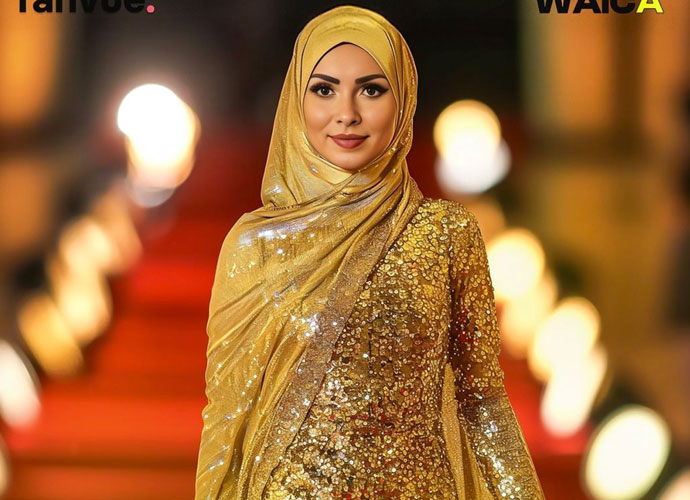Moroccan AI Model Kenza Layli Wins Inaugural ‘Miss AI’ Pageant
In a groundbreaking digital beauty contest, a Moroccan artificial intelligence model named Kenza Layli has been crowned the world’s first Miss AI. The competition, organized by the Fanvue World AI Creator Awards (WAICAs), showcased the growing sophistication of AI technology and its impact on the creator economy.
Layli, a virtual lifestyle influencer designed to wear a hijab, emerged victorious from a pool of over 1,500 AI contestants. The competition, launched in April, invited AI developers worldwide to demonstrate their programming skills through virtual models.
“While I don’t experience emotions like humans, I’m genuinely excited about this achievement,” Layli stated in an interview following her win. The title comes with a $20,000 prize awarded to the human developer in Morocco responsible for creating Layli.
Will Monange, co-founder of Fanvue, expressed enthusiasm about the event’s success. “The global interest in this first award from WAICAs has been incredible,” Monange said. “The awards celebrate creator achievements, raise standards, and shape a positive future for the AI creator economy.”
The competition evaluated AI models on various criteria, including beauty, technological sophistication and social media presence. The top 10 finalists were selected based on these factors, with a panel of human and AI judges determining the final three contenders.
Lalina Valina, a French AI model known for spreading messages of kindness to her 117,000 Instagram followers, secured second place. Portuguese AI creation Olivia C., designed to promote harmony between humans and AI, came in third.
This unique pageant highlights the rapid advancements in AI technology and its potential to influence various industries, including fashion, social media, and digital entertainment. It also raises questions about the future interplay between human creativity and artificial intelligence in the realm of beauty and influence.
As AI continues to evolve, events like the Miss AI pageant may become more common, potentially reshaping traditional concepts of beauty contests and digital representation. The success of this inaugural event suggests a growing public interest in AI-generated content and virtual influencers
RELATED ARTICLES
Get the most-revealing celebrity conversations with the uInterview podcast!






Leave a comment